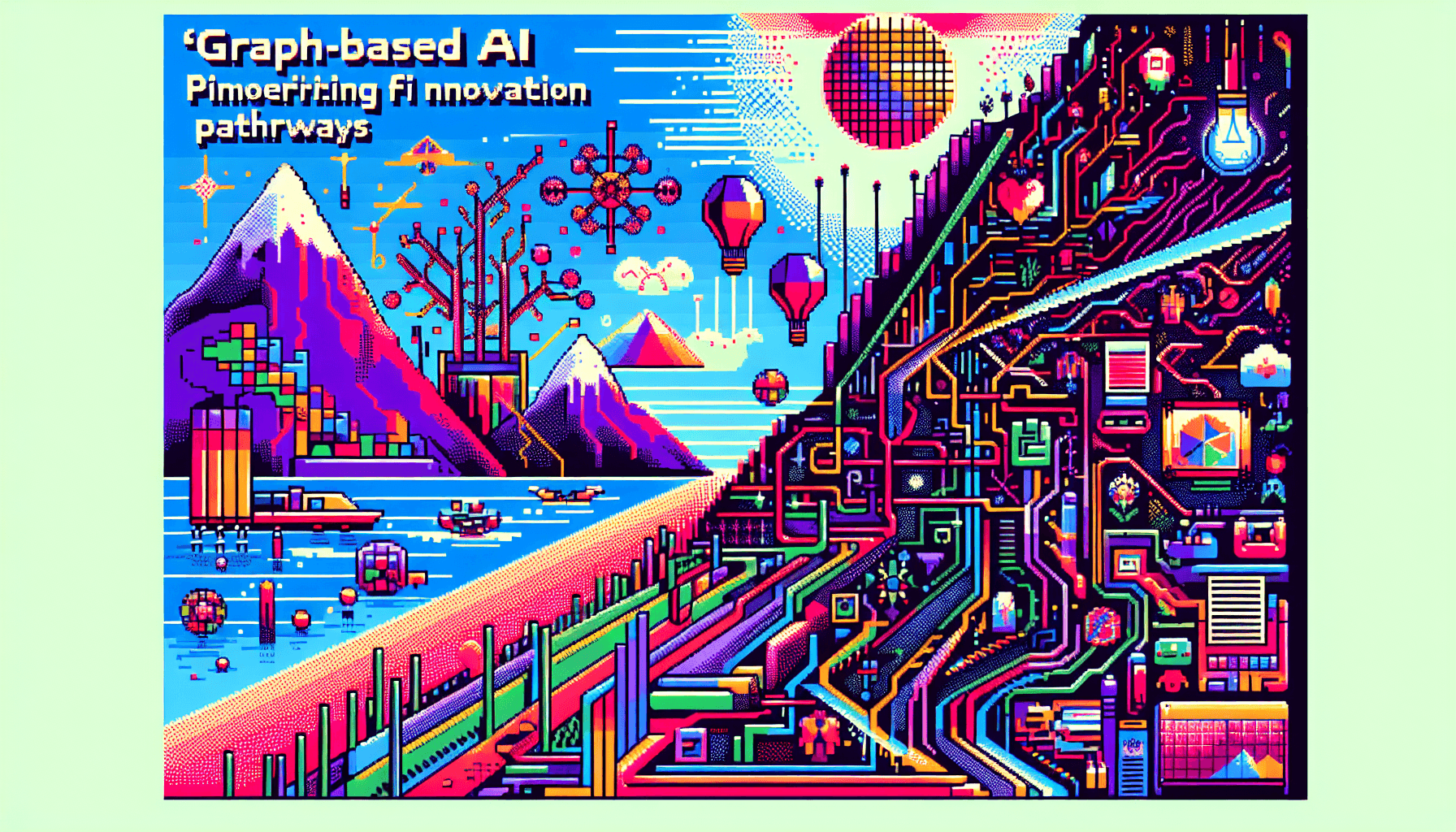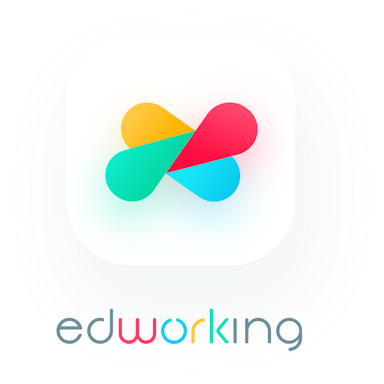Laminar is an open-source platform designed to provide observability, analytics, evaluations, and prompt chains for complex LLM (Large Language Model) applications. Essentially, it combines the functionalities of DataDog and PostHog but is tailored specifically for LLM applications. Written in Rust, Laminar promises to be fast, reliable, and insightful. The project is currently in progress and will see frequent updates.
Laminar Cloud
The easiest way to get started with Laminar is through the Laminar Cloud, which offers a generous free tier on its managed platform. You can access it at lmnr.ai.
Self-Hosting with Docker Compose
For those who prefer self-hosting, Laminar can be started locally using Docker Compose. This setup will spin up several containers necessary for running Laminar.
Instrumenting Python Code
To get started with instrumenting your Python code, you need to:
Create a project and generate a Project API Key.
Automatically instrument LLM calls of popular frameworks and LLM provider libraries by adding specific configurations.
Use the @observe() decorator to trace inputs and outputs of functions.
You can send events in two ways, and to run an evaluation event, you need to create an evaluator pipeline and a target version for it. Laminar processes background job queues of pipeline processes and records outputs as events.
Creating and Managing Pipelines
Laminar allows you to create pipelines in the UI and manage chains of LLM calls. Once your pipeline is ready, you can deploy it by selecting the target version. You can then call it from Python with just a few lines of code.
Learn More
To get a deeper understanding of how to instrument your code and use Laminar effectively, you can check out the client libraries and follow the docs and tutorials.

Description: Screenshot of Laminar's user interface showing the dashboard and analytics features.
About Laminar
Laminar is an open-source platform combining the best of DataDog and PostHog for AI agents and RAG (Retrieval-Augmented Generation) apps. Written in Rust and part of YC S24, Laminar aims to provide a fast, reliable, and insightful solution for complex LLM applications.
Remember these 3 key ideas for your startup:
Leverage Open-Source Tools: Utilizing open-source platforms like Laminar can significantly reduce costs while providing robust functionalities for observability, analytics, and evaluations. This is crucial for startups looking to optimize their resources without compromising on quality. For more insights on how to make the most of open-source tools, check out this guide to sharing media files.
Simplify Complex Processes: Laminar offers a straightforward way to manage and deploy pipelines for LLM applications. This can save valuable time and effort, allowing your team to focus on core business activities rather than getting bogged down by technical complexities. Learn more about simplifying project management with task automation.
Enhance Productivity with Automation: The ability to automatically instrument LLM calls and trace function inputs/outputs can streamline your development process. This not only improves efficiency but also ensures that your applications are running optimally. Discover the best tools for enhancing productivity in this list of top developer productivity tools.
Edworking is the best and smartest decision for SMEs and startups to be more productive. Edworking is a FREE superapp of productivity that includes all you need for work powered by AI in the same superapp, connecting Task Management, Docs, Chat, Videocall, and File Management. Save money today by not paying for Slack, Trello, Dropbox, Zoom, and Notion. For more information, visit Edworking.
---
For more information, visit Laminar's documentation and start leveraging this powerful tool for your startup today!
For more details, see the original source.

















